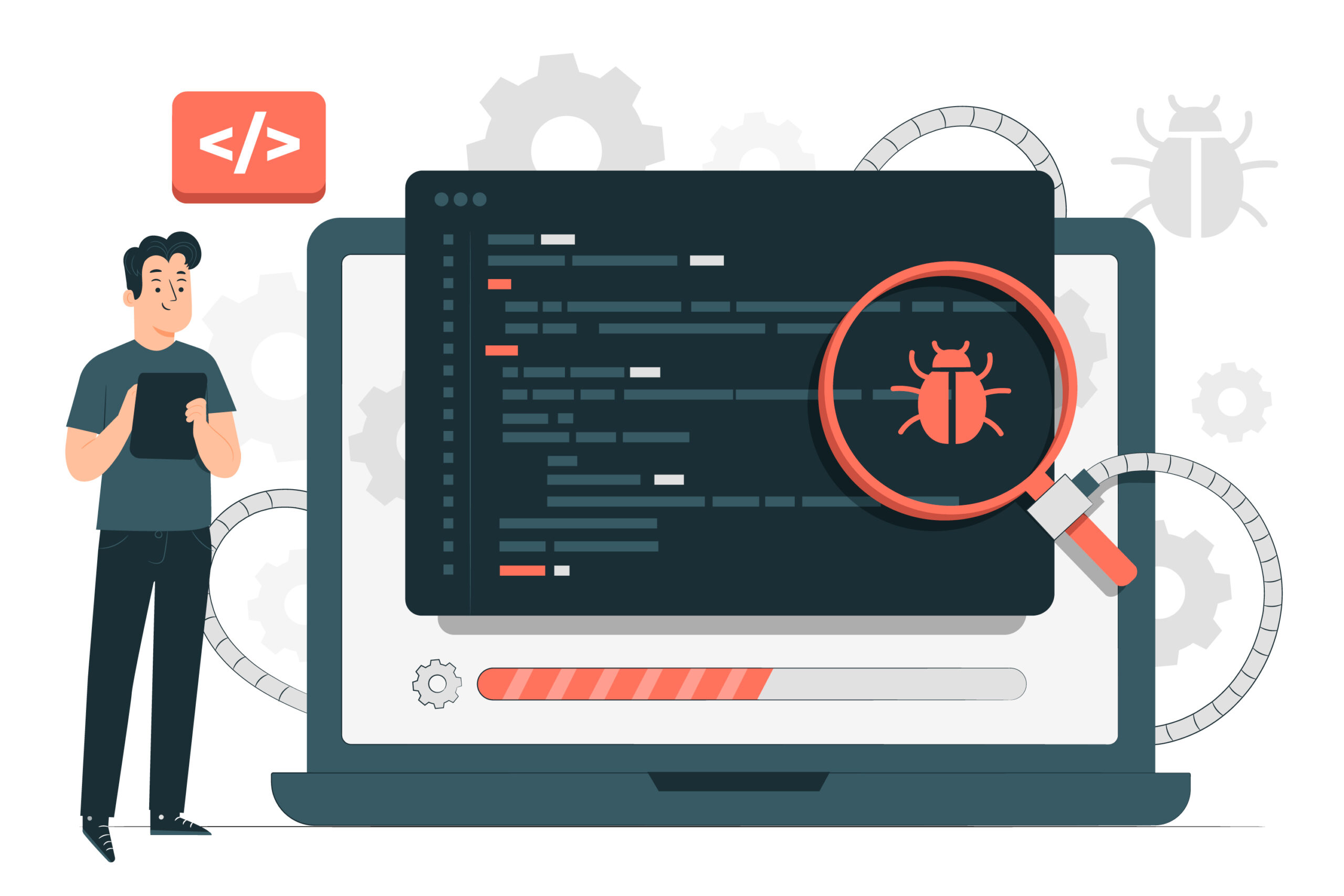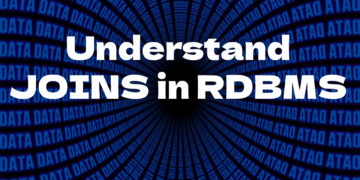When it comes to PHP web development, there are several frameworks available that provide a structured and efficient way to build web applications. Each framework has its own unique features and advantages, catering to different development preferences and project requirements. Let’s explore some of the popular PHP frameworks and then dive deeper into CakePHP.
Laravel: Laravel is a powerful and widely used PHP framework known for its elegant syntax, extensive feature set, and robust ecosystem. It follows the MVC architectural pattern and provides features like routing, ORM (Eloquent), templating engine (Blade), authentication, caching, and more. Laravel’s expressive syntax and developer-friendly APIs make it a favorite among PHP developers.
Symfony: Symfony is a mature and feature-rich PHP framework that focuses on flexibility, scalability, and code reusability. It provides a wide range of components and libraries that can be used individually or collectively to build web applications. Symfony follows best practices, adheres to standards, and emphasizes testing and documentation.
CodeIgniter: CodeIgniter is a lightweight PHP framework that emphasizes simplicity and speed. It offers a small footprint, making it suitable for projects that require minimal setup and configuration. CodeIgniter provides a straightforward structure, a fast and powerful ORM, and a rich set of libraries for common tasks, making it a popular choice for beginners and small-scale applications.
Yii Framework: Yii is a high-performance PHP framework that promotes rapid development, code efficiency, and security. It features a component-based architecture, an advanced ORM (Active Record), a powerful caching system, and built-in authentication and authorization mechanisms. Yii is known for its speed and scalability, making it ideal for large-scale applications.
Now, let’s take a closer look at CakePHP:
CakePHP
CakePHP is a mature and reliable PHP framework that follows the MVC architectural pattern. It is known for its simplicity, convention over configuration approach, and rapid development capabilities. CakePHP emphasizes convention-based coding, providing a structured framework with sensible defaults, which minimizes the amount of code needed for common tasks.
MVC Architecture:
CakePHP follows the Model-View-Controller (MVC) architectural pattern, a widely adopted approach that separates the application’s logic, data manipulation, and user interface components. This separation allows developers to work on different aspects of the application independently, enhancing code organization and maintainability. Models represent the data and database interactions, views handle the presentation layer, and controllers manage the application’s flow and handle user requests. The MVC structure promotes code reusability and simplifies the development process.
Code Generation and Scaffolding:
CakePHP provides powerful code generation and scaffolding features, enabling developers to quickly generate boilerplate code and get started with application development. Using the command-line tools, developers can create models, controllers, and views with minimal effort. The scaffolding feature generates basic CRUD operations for database tables, allowing developers to rapidly prototype and build functional prototypes.
ORM (Object-Relational Mapping):
One of CakePHP’s standout features is its Object-Relational Mapping (ORM) system. The ORM simplifies database interactions by mapping database tables to PHP objects. Developers can define relationships between tables using associations such as hasOne, hasMany, belongsTo, and many others. The ORM provides a rich set of querying capabilities, allowing developers to perform complex database operations without writing raw SQL queries. This abstraction layer improves code readability and reduces the amount of manual SQL code.
Flexible Routing System:
CakePHP offers a flexible routing system that allows developers to define custom URL structures and map them to controllers and actions. By default, CakePHP follows a convention-based routing approach, but developers can easily define custom routes to meet specific application requirements. This flexibility enables the creation of clean and search engine-friendly URLs, improving the overall user experience.
Built-in Security Features:
Security is a paramount concern in web development, and CakePHP includes several built-in security features to safeguard applications. The framework provides protection against common security threats such as cross-site scripting (XSS), cross-site request forgery (CSRF), and SQL injection. CakePHP encourages the use of built-in security components and follows secure coding practices to mitigate vulnerabilities and ensure application security.
Extensive Library of Helpers and Components:
CakePHP offers a rich collection of helpers and components that assist developers in various aspects of application development. Helpers provide utility functions for tasks like form generation, HTML rendering, and text manipulation. Components offer reusable pieces of logic that can be shared across controllers, enhancing code modularity and reusability. The extensive library of helpers and components saves developers time and effort by providing pre-built solutions for common development tasks.
Active Community and Documentation:
CakePHP benefits from an active and supportive community of developers who contribute to its growth and development. The community provides extensive documentation, tutorials, and code samples, making it easier for newcomers to get started with the framework. Additionally, CakePHP has a dedicated website, forums, and online resources where developers can seek assistance, share knowledge, and stay up-to-date with the latest developments.
CakePHP stands as a powerful and feature-rich framework that simplifies web application development. Its MVC architecture, code generation capabilities, ORM system, flexible routing, built-in security features, and extensive library of helpers and components make it a preferred choice for developers worldwide. Whether you are building a small website or a complex enterprise application, CakePHP offers the tools and functionalities to streamline the development process and deliver high-quality, scalable solutions. With its active community and comprehensive documentation, developers can readily find support and resources to enhance their CakePHP skills. Embrace the power of CakePHP and unlock new possibilities in your web development endeavors.




























